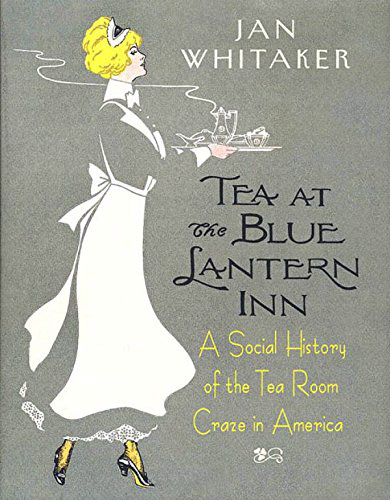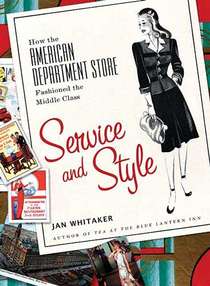 They’ve been used in political campaigns, as a method of publicizing new movies, and as a clever way to announce engagements, but most people have encountered fortune cookies in Chinese restaurants.
They’ve been used in political campaigns, as a method of publicizing new movies, and as a clever way to announce engagements, but most people have encountered fortune cookies in Chinese restaurants.
Searching for their origins in old Chinese customs is pointless because the fortune cookie was almost certainly “invented” in America, in California to be more specific. And probably by Japanese confectioners as a variety of senbei wafers.
Yet, even with their probable Japanese origins, there is nothing particularly Asian about them. The idea of embedding charms or slips of paper with fortunes on them in pastries and candies is an old idea in Western culture. The Victorians loved such things. Halloween was a popular time for fortune cakes and cookies and even fortune popcorn balls. A 1903 book suggested fortunes such as “You are going to marry and live abroad.” and “Thy flour barrel shall never be empty.”
 Precisely why they were adopted by Asian restaurants remains a mystery. Could it have been that restaurant proprietors knew finding fortunes was popular with their non-Asian customers? Or was it the need to supply some kind of dessert to Western customers with a sweet tooth? A 1939 menu from San Diego’s Chinese Village restaurant shows Mixed Candy and Oolong Tea as finales to $1.00 and 75-cent meals but tea and Fortune Cookies with a 50-cent dinner.
Precisely why they were adopted by Asian restaurants remains a mystery. Could it have been that restaurant proprietors knew finding fortunes was popular with their non-Asian customers? Or was it the need to supply some kind of dessert to Western customers with a sweet tooth? A 1939 menu from San Diego’s Chinese Village restaurant shows Mixed Candy and Oolong Tea as finales to $1.00 and 75-cent meals but tea and Fortune Cookies with a 50-cent dinner.
As to when fortune cookies made their debut, there is general agreement that it was in the early 20th century, before World War I. Certainly they are never mentioned in stories about Chinese restaurants in the 19th century. Many have claimed to be the cookie’s inventor, but Jennifer 8. Lee, author of The Fortune Cookie Chronicles, thinks it likely that around 1910-1914 Makoto Hagiwara introduced them as accompaniments to tea at the Japanese Tea Garden in Golden Gate Park in San Francisco where he was the concessionaire.
 The cookies came into widespread restaurant use across the United States after WWII. For some inscrutable reason they also became frequent topics of gags in comic strips, newspaper gossip columns, and comedians’ routines. The fictive message “Help, I’m a prisoner in a Chinese cookie factory,” is one that falls flat with Asian-American cookie producers. But if you ask me most of the jokes are remarkably unfunny including the one from Archie comics.
The cookies came into widespread restaurant use across the United States after WWII. For some inscrutable reason they also became frequent topics of gags in comic strips, newspaper gossip columns, and comedians’ routines. The fictive message “Help, I’m a prisoner in a Chinese cookie factory,” is one that falls flat with Asian-American cookie producers. But if you ask me most of the jokes are remarkably unfunny including the one from Archie comics.
Writing fortunes was a part-time job for somebody’s cousin or a freelance writer, Asian or not, who would come up with a fresh batch of several hundred at a time. Supposedly beginning with translations from much-abused Confucius, eventually anything – anything at all – provided inspiration. Occasionally they are offensive to patrons, as exemplified by the 1942 lulu, “Every woman like to be taken with a grain of assault.”
By the 1970s production of cookies was fully mechanized and they were turned out in huge batches by Japanese and Chinese makers who supplied restaurants all over the country. Today they are an unquestionable part of American restaurant history, one that has spread around the world.
© Jan Whitaker, 2012












 It's great to hear from readers and I take time to answer queries. I can't always find what you are looking for, but I do appreciate getting thank yous no matter what the outcome.
It's great to hear from readers and I take time to answer queries. I can't always find what you are looking for, but I do appreciate getting thank yous no matter what the outcome.


